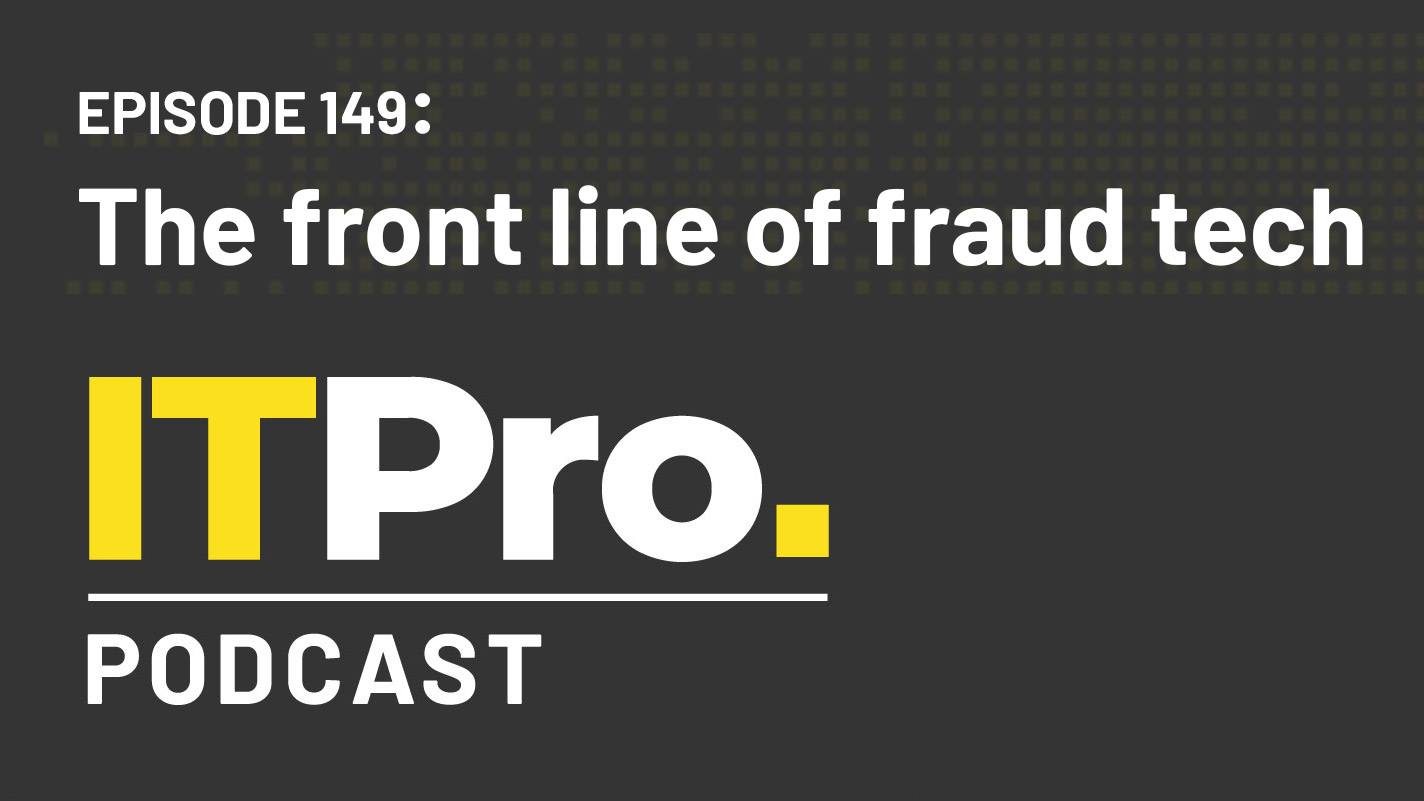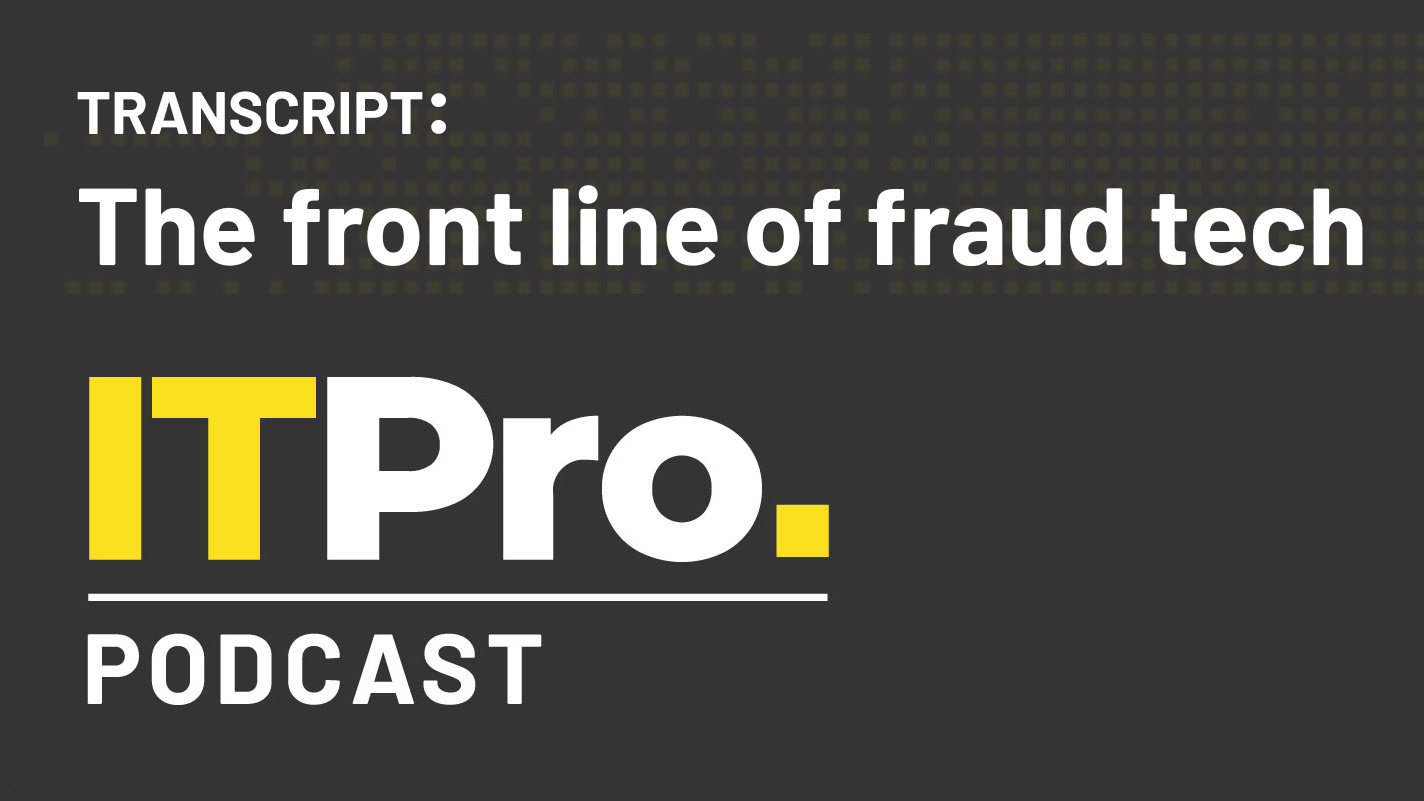ID-stealing malware up 600 per cent
It’s not just the number that is a problem, but also the different techniques criminals are using, according to researchers.

The number of computers infected by malware designed to steal confidential information has risen by 600 per cent compared to the first six months of 2008, according to research.
Security researcher PandaLabs said that it received 37,000 samples of malware such as viruses, worms and Trojans.
Of that number, some 71 per cent were Trojans that were generally aimed at stealing bank and card details, as well as passwords for online services.
"Maybe one of the reasons for this increase is the economic crisis along with the big business of selling this information on the black market," said technical director Luis Corrons in a statement.
"We have also seen an increase of the distribution and infection of this kind of malware through social networks."
PandaLabs said that malware was changing the ways in which in tried to steal info.
Whereas before attacks almost exclusively targeted users with spoof bank websites, now they may users to other types of fake site where bank details might have to be entered, according to the researchers.
Get the ITPro daily newsletter
Sign up today and you will receive a free copy of our Future Focus 2025 report - the leading guidance on AI, cybersecurity and other IT challenges as per 700+ senior executives
Targets included pay platforms such as PayPal and online auctions such as eBay in addition to online stores such as Amazon.
And it isn't just email. There are other means by which users can be lead to fake ant-virus websites, including social networks like Twitter, SMS messages to mobile phones, and spyware.
PandaLabs estimated that three per cent of all users had fallen victim to these techniques, and that they were much more difficult to detect them than in the past as they were designed to be hidden.
-
 Should AI PCs be part of your next hardware refresh?
Should AI PCs be part of your next hardware refresh?AI PCs are fast becoming a business staple and a surefire way to future-proof your business
By Bobby Hellard
-
 Westcon-Comstor and Vectra AI launch brace of new channel initiatives
Westcon-Comstor and Vectra AI launch brace of new channel initiativesNews Westcon-Comstor and Vectra AI have announced the launch of two new channel growth initiatives focused on the managed security service provider (MSSP) space and AWS Marketplace.
By Daniel Todd
-
 The IT Pro Podcast: The front line of fraud tech
The IT Pro Podcast: The front line of fraud techIT Pro Podcast With tools such as deepfakes, the future of fraud tech relies on cutting edge AI as much as good security practice
By IT Pro
-
 Podcast transcript: The front line of fraud tech
Podcast transcript: The front line of fraud techIT Pro Podcast Read the full transcript for this episode of the IT Pro Podcast
By IT Pro
-
 LAPSUS$ breached T-Mobile systems, stole source code
LAPSUS$ breached T-Mobile systems, stole source codeNews T-Mobile has denied that the hackers obtained customer or government information
By Sabina Weston
-
 Exclusive: Former Shiseido staff say company was aware of data breach weeks before official notice
Exclusive: Former Shiseido staff say company was aware of data breach weeks before official noticeNews Fake companies were created using the stolen identities of hundreds of Shiseido employees, former staff claim
By Sabina Weston
-
 CronRat Magecart malware uses 31st February date to remain undetected
CronRat Magecart malware uses 31st February date to remain undetectedNews The malware allows for server-side payment skimming that bypasses browser security
By Rene Millman
-
 What is smishing?
What is smishing?In-depth A closer look at one of the most perilous forms of phishing
By Praharsha Anand
-
 Mekotio trojan continues to spread despite its operators’ arrests
Mekotio trojan continues to spread despite its operators’ arrestsNews Hackers have used it in 100 more attacks since arrests
By Rene Millman
-
 “Trojan Source” hides flaws in source code from humans
“Trojan Source” hides flaws in source code from humansNews Organizations urged to take action to combat the new threat that could result in SolarWinds-style attacks
By Rene Millman